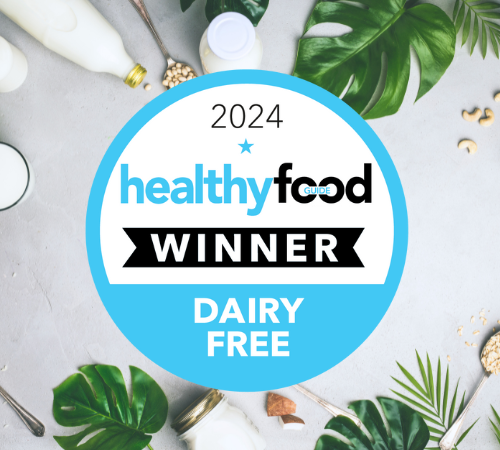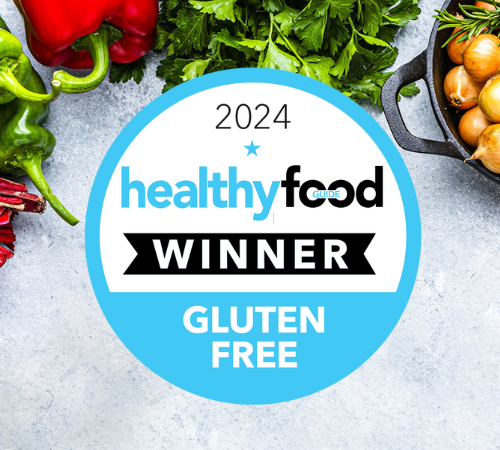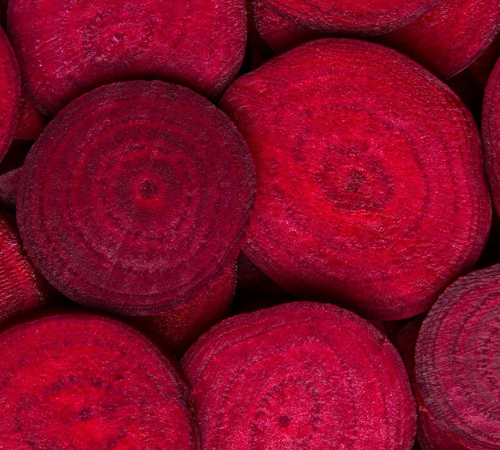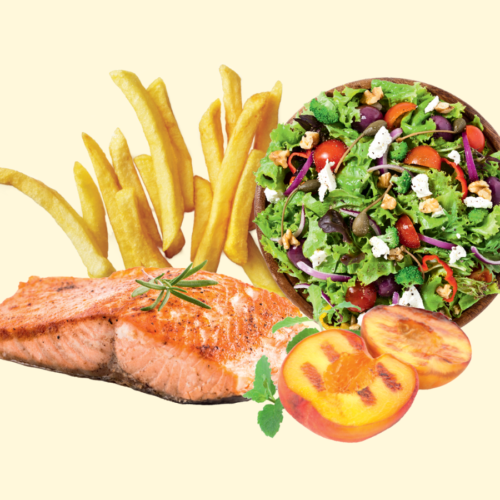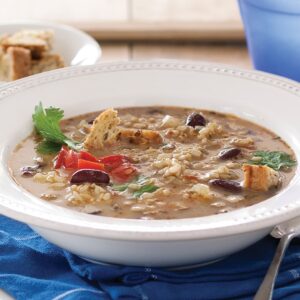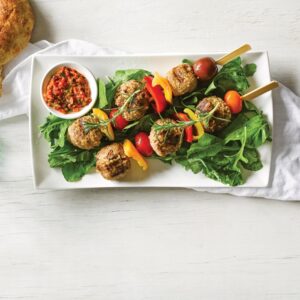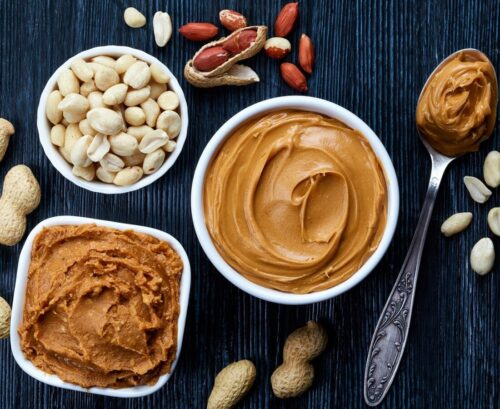
Is peanut butter better than a handful of peanuts? Dietitian Jennifer Low referees the rivals.
Unsalted peanuts
These make a nutritious snack, especially when in their skins. A 30g portion not only packs in useful amounts of the B vitamin folate, but also 10% of your daily zinc and 5% of your iron.
Do watch your serving sizes, however. A 30g portion gives you 179 calories, but it’s so easy to go beyond this! Eat them slowly and give them an opportunity to ‘work’, though, and they’ll leave you feeling satisfied for a few hours after eating.
This hunger-busting effect comes from a combination of protein, good oils and fibre and the fact that they don’t lead to a rapid rise and fall in blood sugar levels. In a 30g serving you’ll get 8.9g protein, which is about the same as in an egg, and just 1.8g total sugars, plus 2.5g fibre and virtually no salt at all.
Evidence suggests that eating nuts in their skins may lower the total amount of fat in the nuts that can be absorbed, so you may not be getting quite as many calories as the nuts actually contain.
Peanut butter
Good quality peanut butters tend to add only ‘suitable palm oil’ and sea salt to their products, with a total of 97% roasted peanuts making up the vast bulk. This means that you benefit from similar levels of protein and fibre to those you’d get from the nuts, weight for weight, but slightly more fat and slightly fewer carbs.
You also still get a similar helping of vitamins and minerals. As with peanuts, however, you need to watch serving sizes. The added palm oil means the calorie count will be slightly higher in peanut butter, so it’s wise to keep to a 15g portion. Weigh out this amount of the brand you use at home to use on bread or toast so you know where you stand with calories.
You also need to take into account that, while peanuts themselves are very low in salt, it’s added to most peanut butters – and you can expect around 0.2g per 15g serving.

Verdict
This is a hard one to call. If your decision is being driven by calorie-load, we suggest sticking with peanuts in their skins as you get all the filling, nutritious benefits minus some of the total calories. Peanut butter can make a nutritious topping for your toast or a dip for celery sticks or apple slices, but you’ll need to stick to a 15g serving to avoid calorie overload.
Making your own peanut butter can be fun! Try out our easy Roasted peanut butter recipe.
www.healthyfood.com



